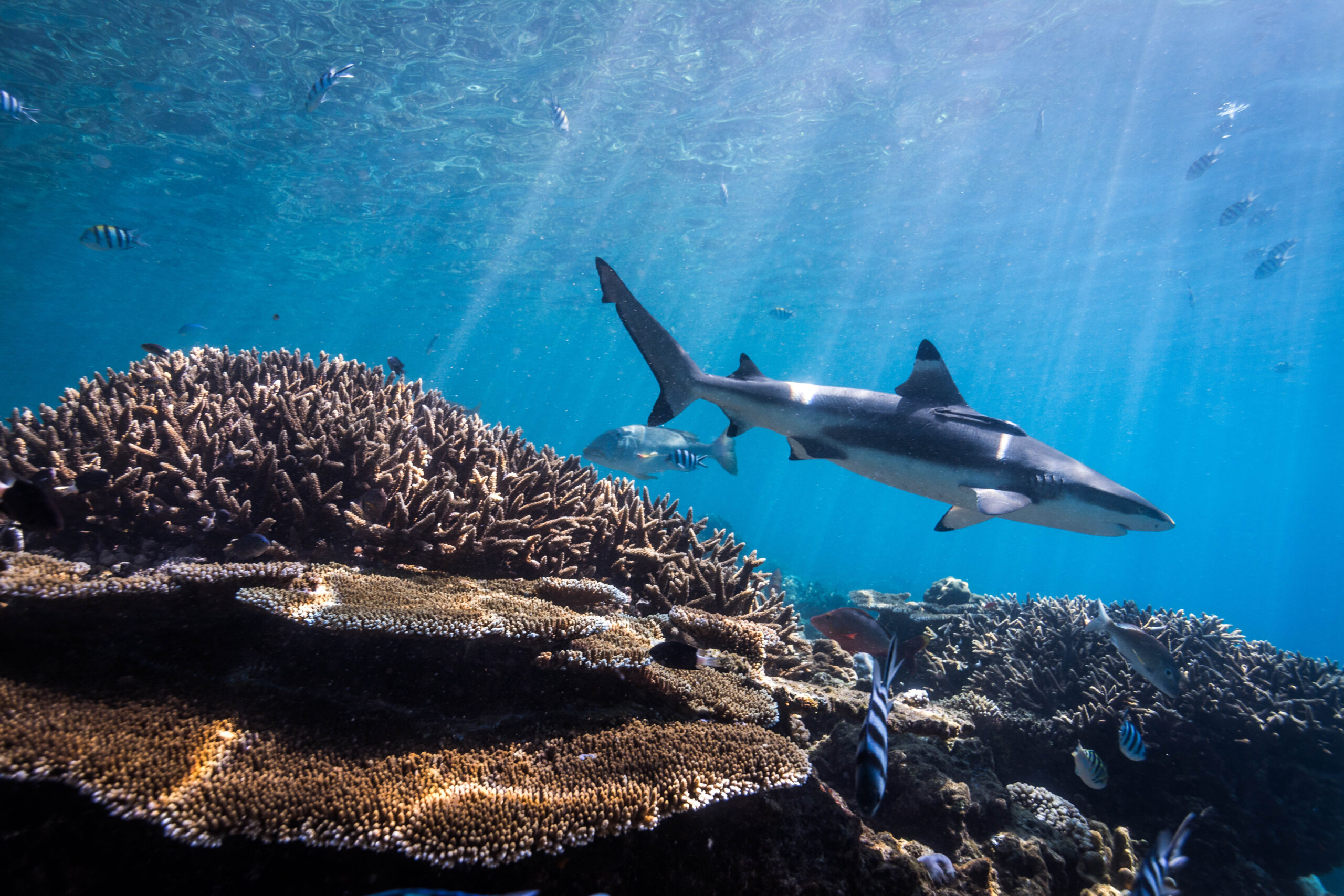In Japan, degradation of the nation’s southwestern coral reefs has been identified as a pressing environmental problem, and corals have been transformed into valuable commodities for conservation. This research analyzes the emergence of “restoration corals”—corals produced for ecological restoration—in Okinawa. Individuals briefly own these corals before they relinquish them to the coral reef, and the corals resume their lives as indistinguishable pieces of the sea. Following Kopytoff (1986), I examine the production, exchange, consumption, and de-commodification of this conservation commodity. I find that the social life of coralline commodities is not unilinear, nor is its outcome certain. As they plant their coral fragments, purchasers link them to existing religious and cultural practices and recreate corals as sites for altruism, memorialization, and divine communication. Restoration corals, in the hands of local amateur ecologists, become a way to simultaneously democratize knowledge of the sea and contest prevalent techno-scientific conservation approaches.
Author: Claus, A.C.
Year: 2017
View Abstract
Email for the full article: resilience@tnc.org
Journal for the Study of Religion, Nature and Culture 11(2): 157-174. doi:10.1558/jsrnc.18804


